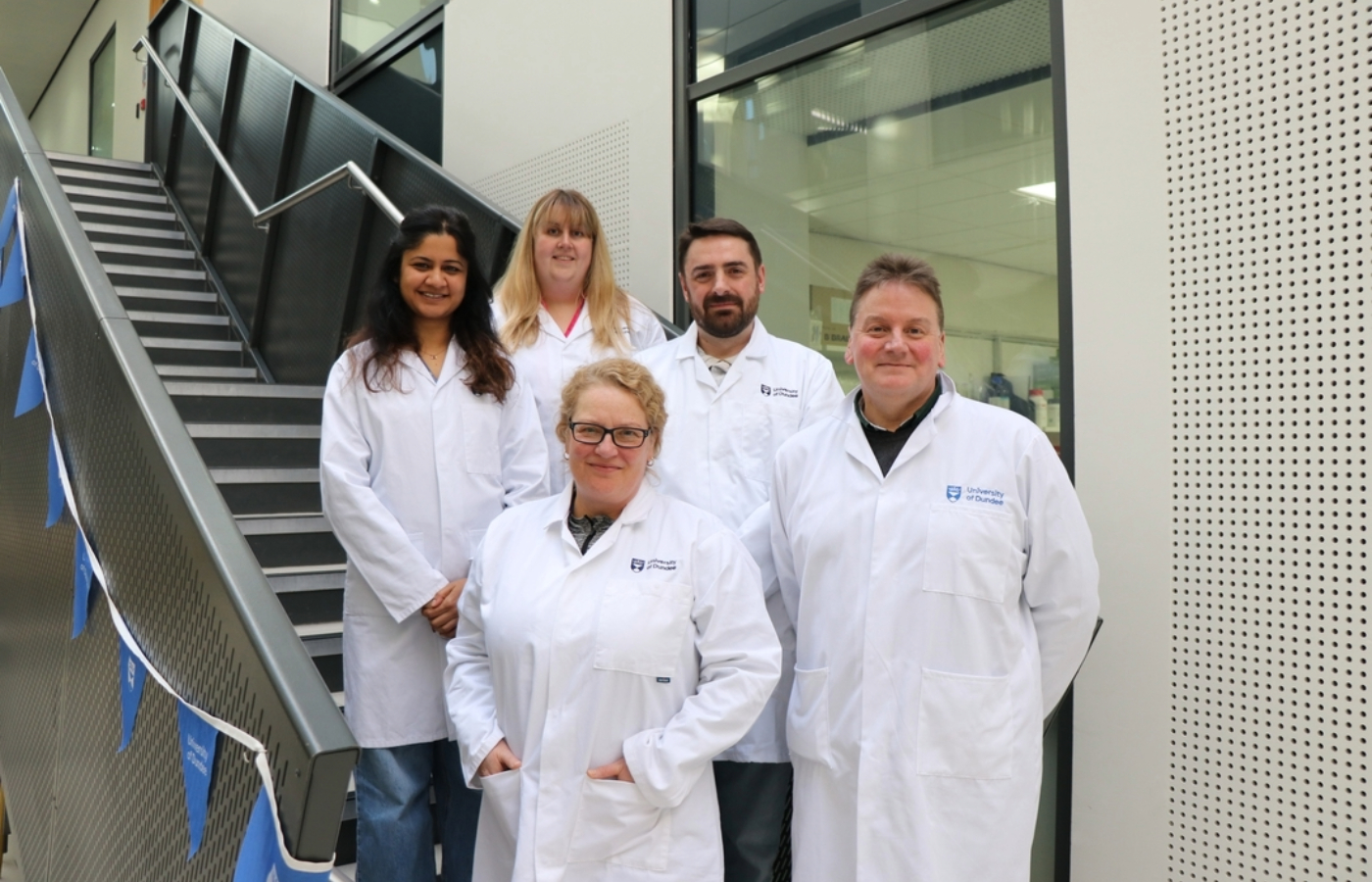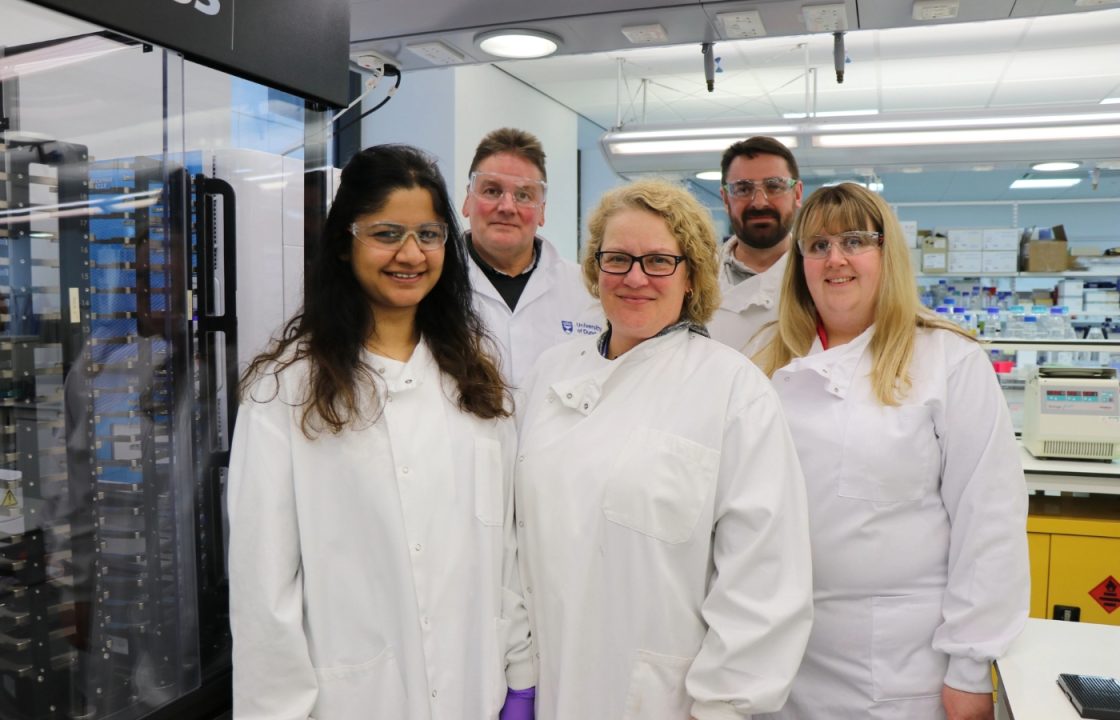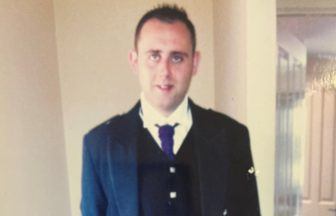Scottish scientists have helped discover a way to stop active cancer cells in their tracks – allowing for them to be eliminated by new drug treatments.
Researchers at the University of Dundee’s Drug Discovery Unit (DDU) and Queen Mary University of London (QMUL) have identified chemical compounds, called tool molecules, that can halt active cancer cells.
The molecules force tumour cells from a specific type of breast cancer into a pro-senescence state, putting the cells to “sleep”, in which they cannot divide or grow.
Researchers found the cancer cells sensitive to a second group of tool molecules, called senolytic drugs, which can eliminate them.
 University of Dundee
University of DundeeThe “one-two punch” method may also “uncloak” the cancer cells, making them visible to the body’s immune system which makes further therapeutic opportunities an option.
Cleo Bishop, professor of senescence at QMUL and academic lead for the phenotypic screening facility, who led the project, said the method was developed after researchers looked at basal-like breast cancer (BLBC).
BLBC accounts for around 8% to 22% of all cases globally, and it has an early onset of under 50-years-old.
Professor Bishop said: “At present, the most common treatments for BLBC are surgery and unsophisticated chemotherapy regimens.
“Consequently, the lack of possible targets for tailored therapies and the aggressive clinical course means that women with BLBC have a particularly poor prognosis.
“Pro-senescence therapies activate a stable cell cycle arrest halting tumour growth, trigger anti-tumour immune responses and expose cancers to novel treatment regimes called senolytics.”
Funded by Barts Charity, the team collaborated with (DDU) to utilise high-content imaging to identify the molecules which have now been selected by pharmaceutical company ValiRx for further evaluation.
The University of Dundee signed a five-year agreement with the company which focuses on early-stage cancer therapeutics and women’s health.
The pro-senescent “first punch” tool molecules are the first to enter into a 12-month evaluation phase under the agreement.
Researchers believe this could result in a new company being established as a joint venture with all three parties.
Dr Charlotte Green, head of business development at DDU said: “The one-two punch approach has gained lots of interest in recent years but currently there is no clinical precedent, by moving the project forward with ValiRx we are leading the way in translating the research to the clinic.”
Dr Suzy Dilly, CEO of ValiRx said: “The strength of the DDU and research facilities at Dundee are very impressive, and having reviewed multiple projects from teams there over the past year, we believe that this evaluation agreement will be the first of a series of new projects that can be brought into our pipeline.”
Follow STV News on WhatsApp
Scan the QR code on your mobile device for all the latest news from around the country
























